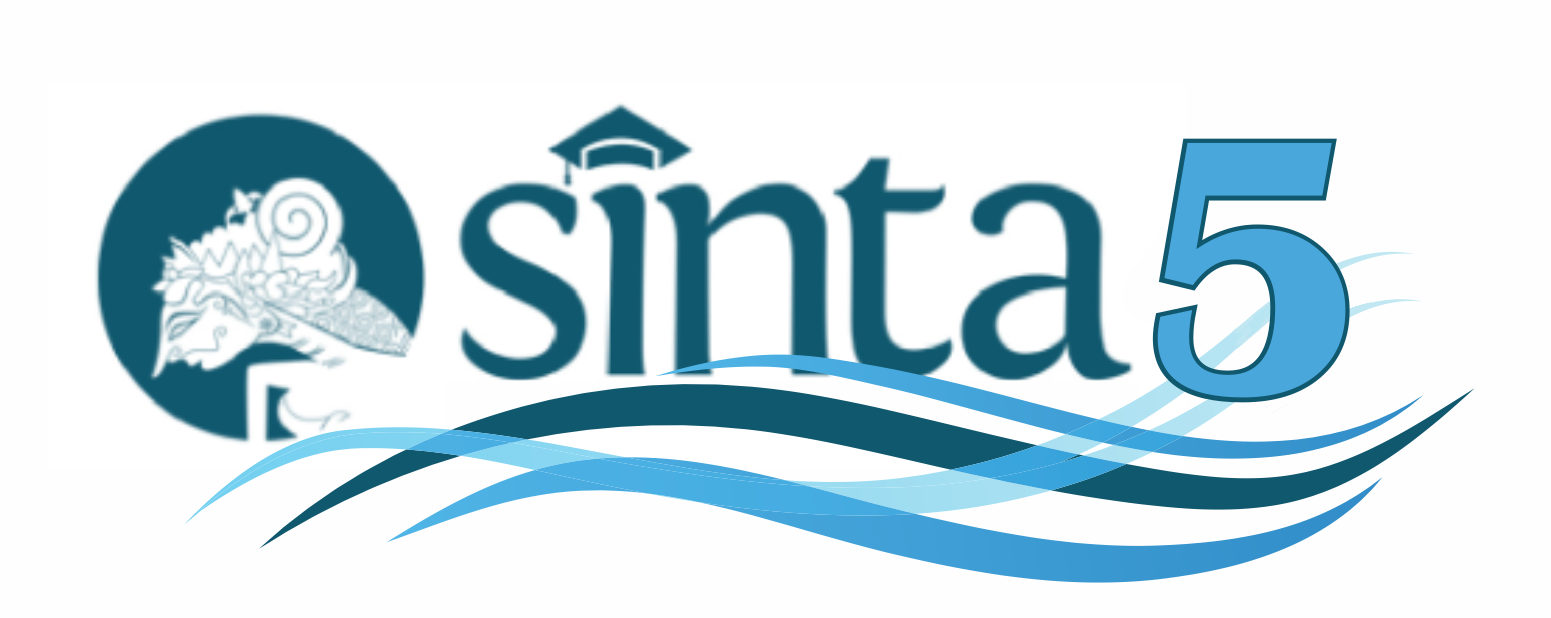Model Pemberdayaan Perempuan Pelaku Usaha Perikanan di Negeri Tulehu Kabupaten Maluku Tengah
DOI:
https://doi.org/10.31957/acr.v5i1.2259Abstract
Women activities as a fishery businessmen is a effort for to increased family income while husband income insufficient household needs. Empowerment efforts become one of alternative solution for reduce that problem, the study aims to formulated empowerment model of women from fishery businessmen in Tulehu village. The analysis method that used SWOT and AHP. Based on the results of research that showed the first priority to increased management ability of fishery business, the second priority is increased human resources quality and infrastructures , the third priority is optimization of utilization fishery resources potential and the last priority is expand cooperation networks in business development.
Downloads
References
Handoko, W., dkk., 2012. Pembentukan Model Pemberdayaan Perempuan Nelayan di Daerah Tertinggal. Jurnal Masyarakat, Kebudayaan dan Politik, Volume 25 Nomor 3. Hal 195-201.
Rahayu, MG Ana Budi. 2008. Pembangunan Perikanan Nasional Melalui Pemberdayaan Masyarakat Desa†Concept Paper. Jakarta.
Rangkuti, F. 2008. Analisis SWOT Teknik Membedah Kasus Bisnis: Reorientasi Konsep Perencanaan Strategis Untuk Menghadapi Abad 21. PT. Gramedia Utama, Jakarta.
Nurani TW ,2008. Pengembangan Perikanan Berbasis Karakteristik Spesisfik Potensi Daerah. Disertasi. Fakultas Perikanan dan Ilmu Kelautan, Institusi Pertanian Bogor.
Sugiyono.2014. Metode Penelitian Kualitatif,Kuantitatif dan R&D. Alfabeta. Bandung.
Sukaca, A.2013.Statistik Deskriptif: Penyajian Data,Ukuran Pemusatan Data, dan Ukuran Penyebran Data
Downloads
Published
Issue
Section
License
Authors who publish with this journal agree to the following terms:
- Authors retain copyright and grant the journal right of first publication with the work simultaneously
licensed under a Creative Commons Attribution-NonCommercial-ShareAlike 4.0 International License
that allows others to share the work with an acknowledgement of the work's authorship and initial
publication in this journal. - Authors are able to enter into separate, additional contractual arrangements for the non-exclusive
distribution of the journal's published version of the work (e.g., post it to an institutional repository
or publish it in a book), with an acknowledgement of its initial publication in this journal. - Authors are permitted and encouraged to post their work online (e.g., in institutional repositories or
on their website) prior to and during the submission process, as it can lead to productive exchanges,
as well as earlier and greater citation of published work (See The Effect of Open Access).




















